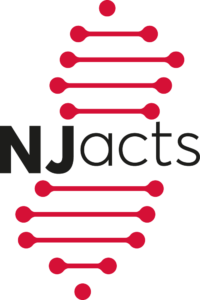 Please read Dr. Reichman’s article in Economics & Human Biology titled, “Effects of welfare reform on household food insecurity across generations.“
Please read Dr. Reichman’s article in Economics & Human Biology titled, “Effects of welfare reform on household food insecurity across generations.“
Food insecurity, which the U.S. Department of Agriculture (USDA) defines as a lack of consistent access to enough food for an active and healthy life, is a common form of poverty-related deprivation in the United States and has been associated with many adverse health outcomes. Specifically, food insecurity has been associated with diabetes, hypertension, hyperlipidemia, depression, hospitalizations, and all-cause mortality among adults, as well as birth defects, anemia, cognitive and behavioral problems, and acute and chronic health problems among children. Female-headed households with children were almost four times more likely than married-couple households with children to be food insecure in 2019, with a rate of over 28% for the former group. Food insecurity has become even more prevalent since the COVID-19 pandemic, with a projected increase of 17 million people over the 2018 figure in the U.S. overall, and a substantial increase among households with children since 2016–2017. Rates of food insecurity also vary substantially across states, ranging from 6.6% in New Hampshire to 15.7% in Mississippi in 2017–2019 and geographic and temporal variations in household food insecurity have been associated with state policies, including those that do not directly target food insecurity such as the Earned Income Tax Credit, unemployment insurance, and minimum wage. To read the full article.
Effects of welfare reform on household food insecurity across generations. Corman H, Dave DM, Schwartz-Soicher O, Reichman NE. Econ Hum Biol. 2022 Apr;45:101101. PMID: 34995949 DOI: 1016/j.ehb.2021.101101 Epub 2021 Dec 27.
